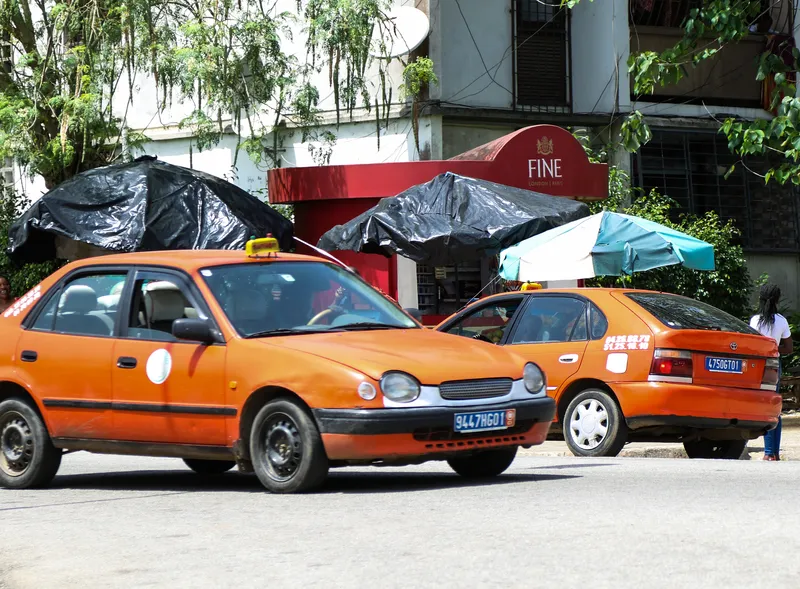Fare accountability, improved passenger data and efficiency are all expected to improve since gate latching began in the TAP universal payment system designed and integrated by Cubic Transportation Systems for the Los Angeles County Metropolitan Transportation Authority (Metro). The aim is to help ensure customers use their TA car to pay fares. Gate latching ushers in a new era of partnership between LA Metro with Metrolink and its municipal operators to create a seamless regional transit network bound by
July 3, 2013
Read time: 2 mins
Fare accountability, improved passenger data and efficiency are all expected to improve since gate latching began in the TAP universal payment system designed and integrated by 378 Cubic Transportation Systems for the 1795 Los Angeles County Metropolitan Transportation Authority (Metro). The aim is to help ensure customers use their TA car to pay fares.
Gate latching ushers in a new era of partnership between LA Metro with Metrolink and its municipal operators to create a seamless regional transit network bound by TAP technology throughout Los Angeles County, the agency’s vision since the universal fare system was awarded to Cubic in 2002.
“Latching means that the Metro rail stations will be seamlessly connected to stations and bus lines all over the region and an accurate method of accounting for fares is in place,” said Los Angeles Mayor Villaraigosa. “With added accountability, we’ll have better data that will help us tailor services and transit demand.”
Metro CEO Art Leahy noted that, “Currently, we send people to physically count riders, a time-consuming and expensive process. With TAP, we get real time, comprehensive data the Metro Operations team can use to adjust service to meet passenger demand.”
Gate latching ushers in a new era of partnership between LA Metro with Metrolink and its municipal operators to create a seamless regional transit network bound by TAP technology throughout Los Angeles County, the agency’s vision since the universal fare system was awarded to Cubic in 2002.
“Latching means that the Metro rail stations will be seamlessly connected to stations and bus lines all over the region and an accurate method of accounting for fares is in place,” said Los Angeles Mayor Villaraigosa. “With added accountability, we’ll have better data that will help us tailor services and transit demand.”
Metro CEO Art Leahy noted that, “Currently, we send people to physically count riders, a time-consuming and expensive process. With TAP, we get real time, comprehensive data the Metro Operations team can use to adjust service to meet passenger demand.”









